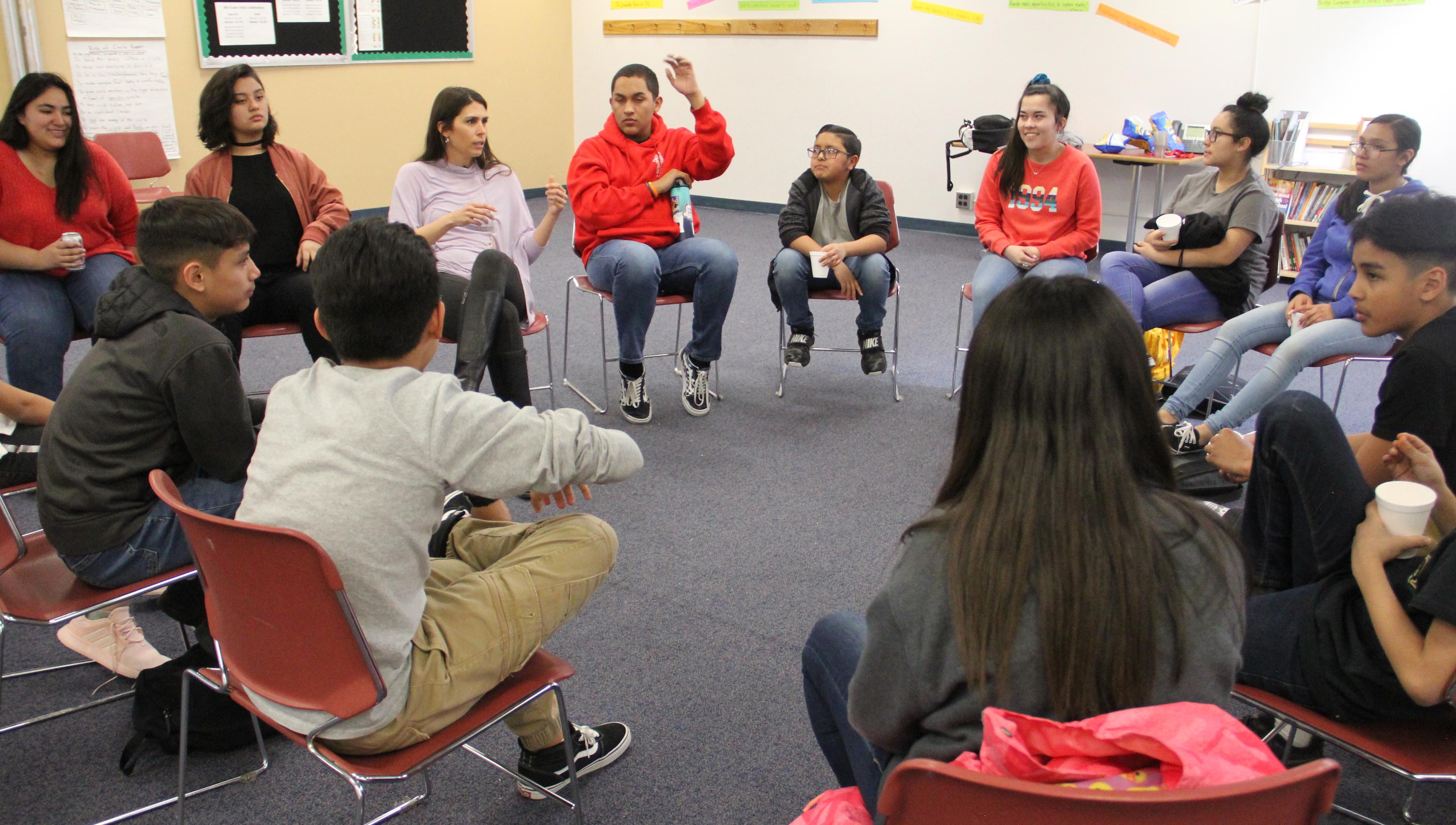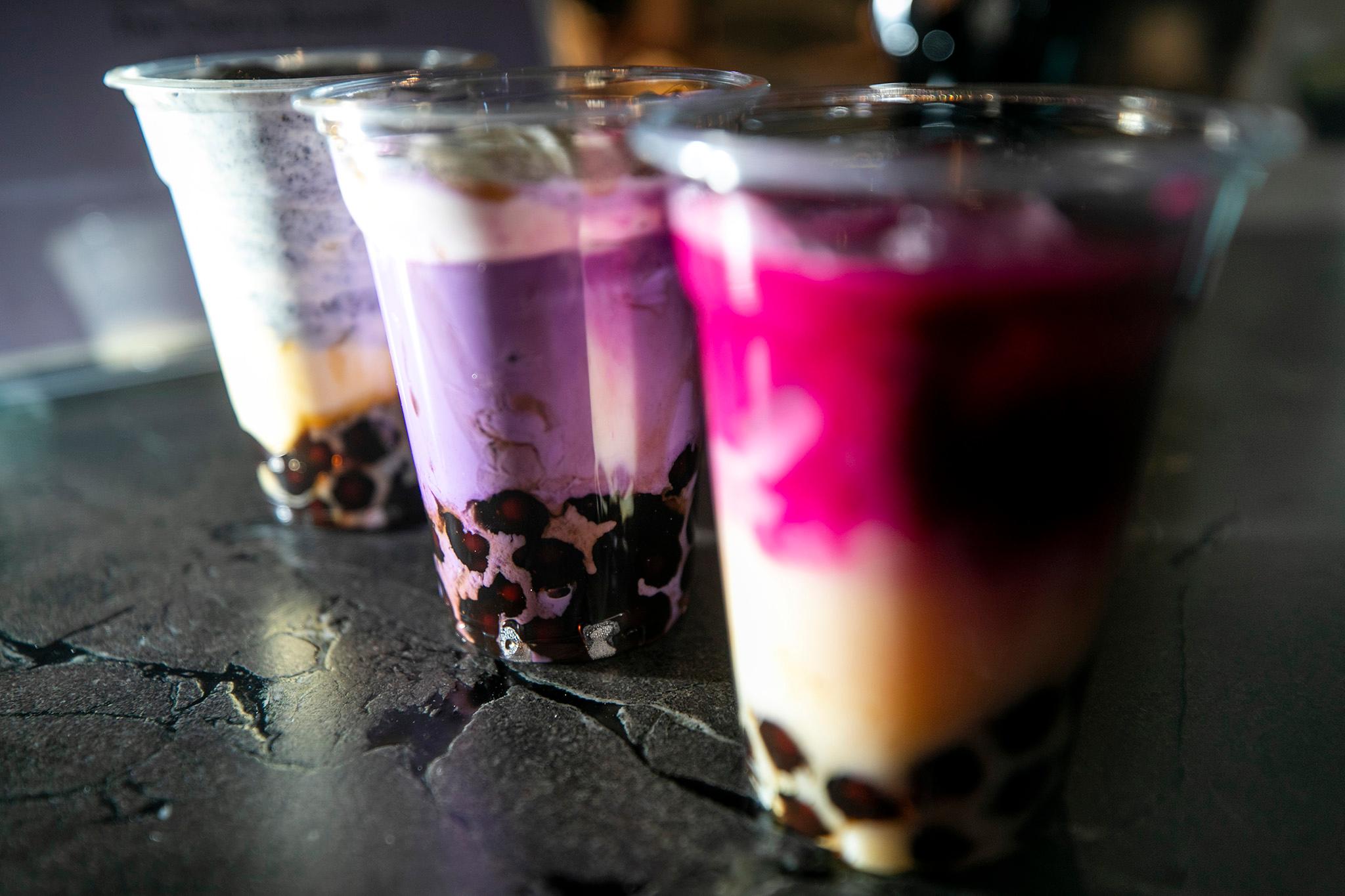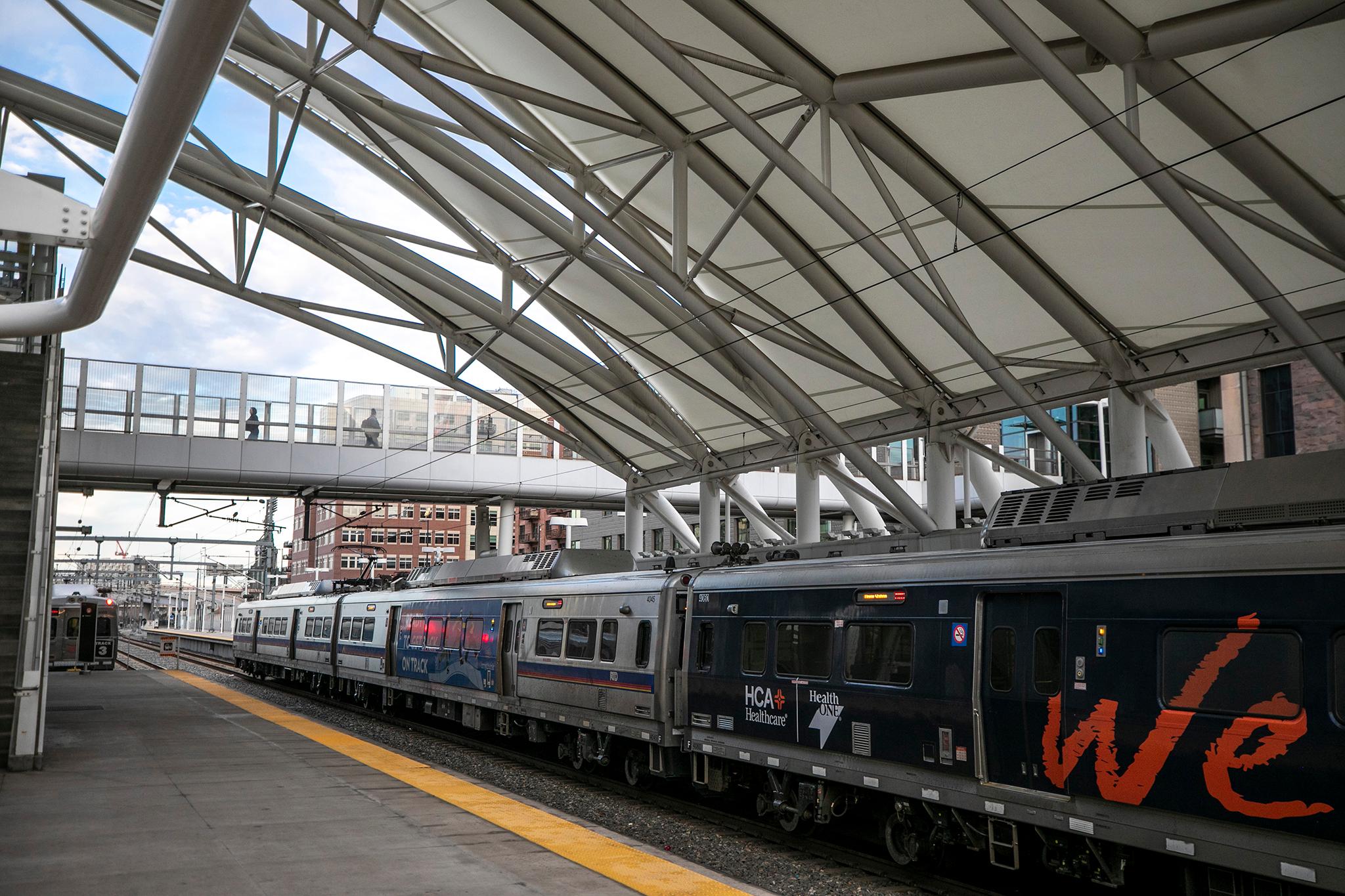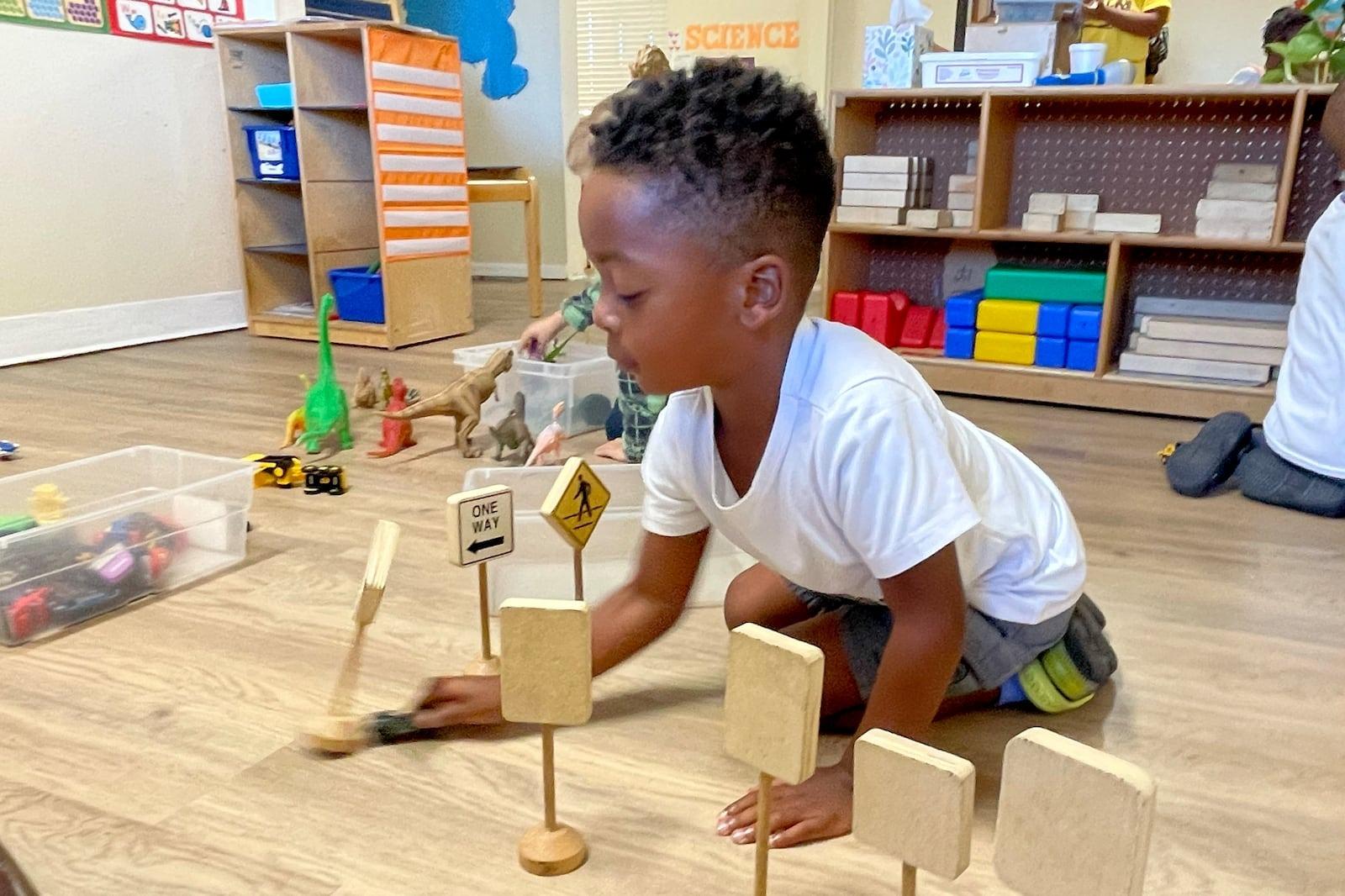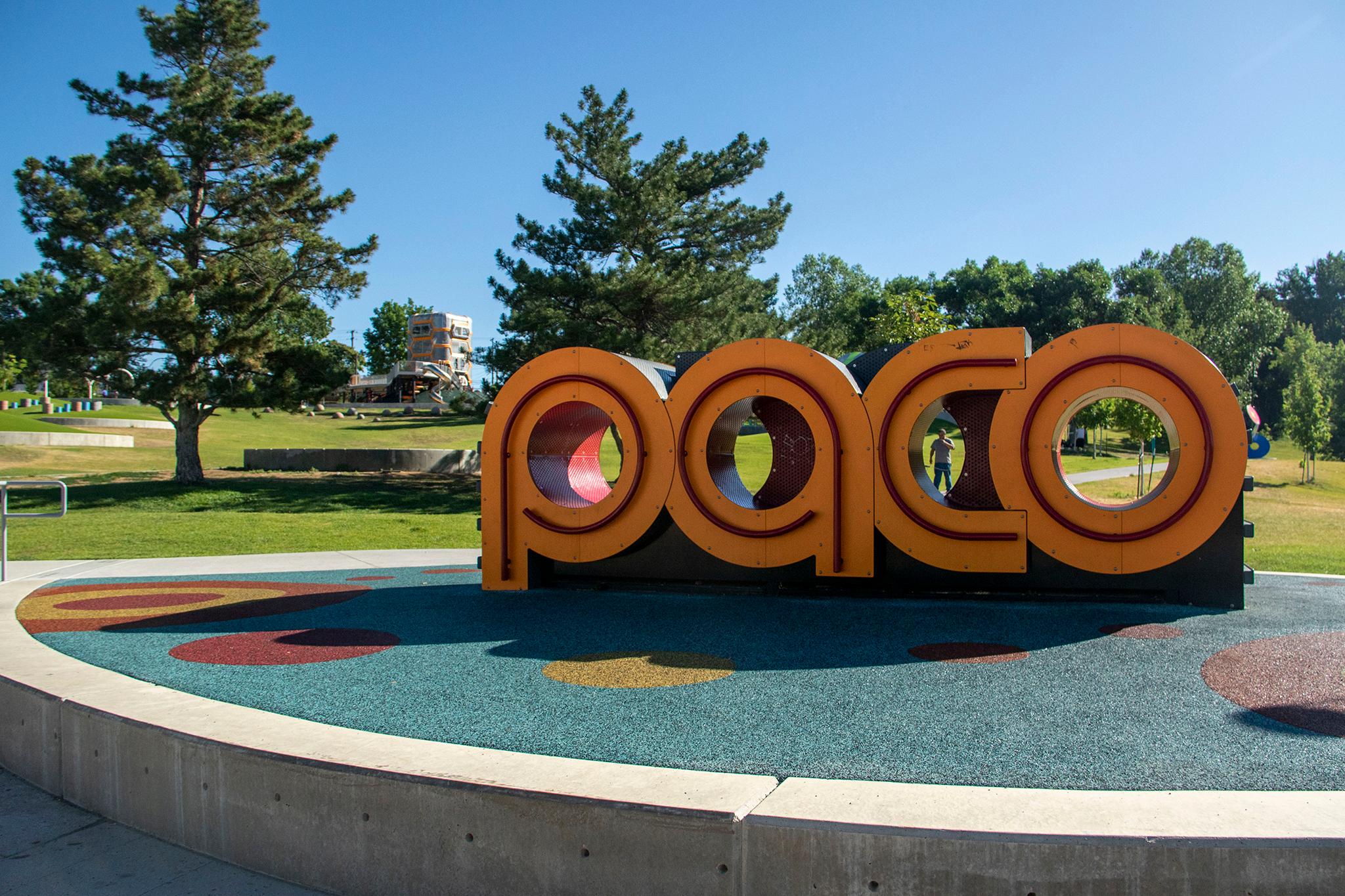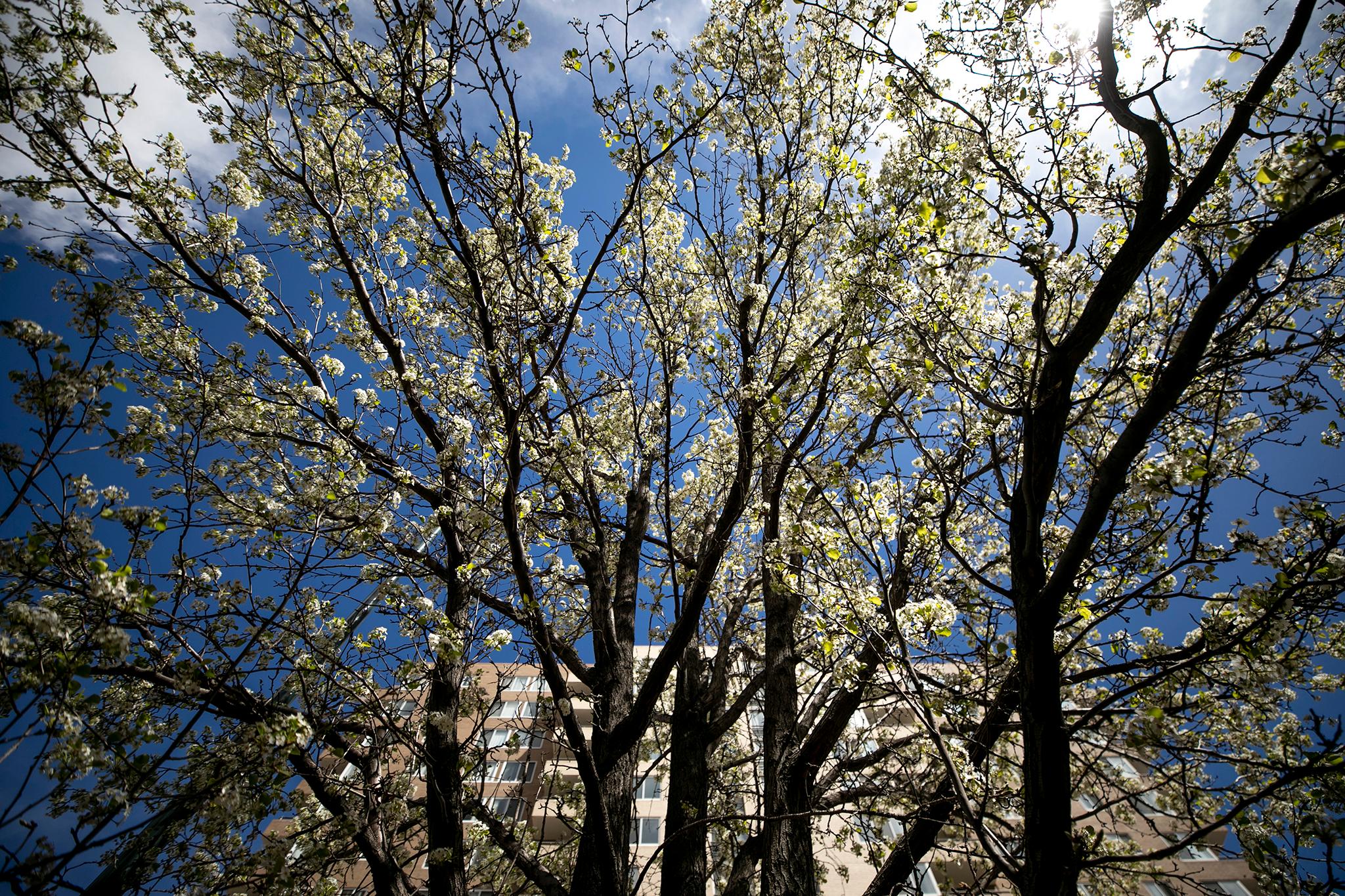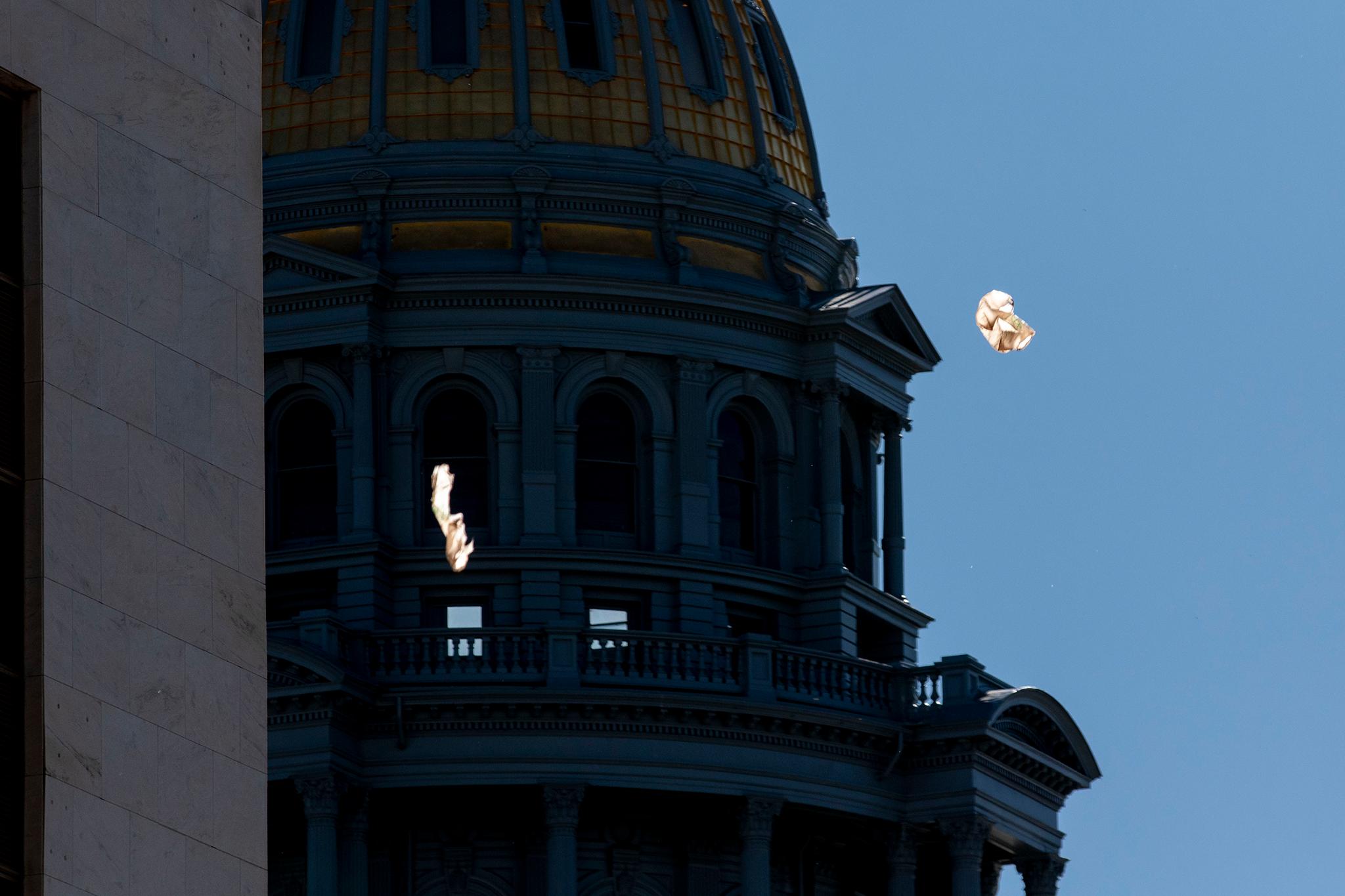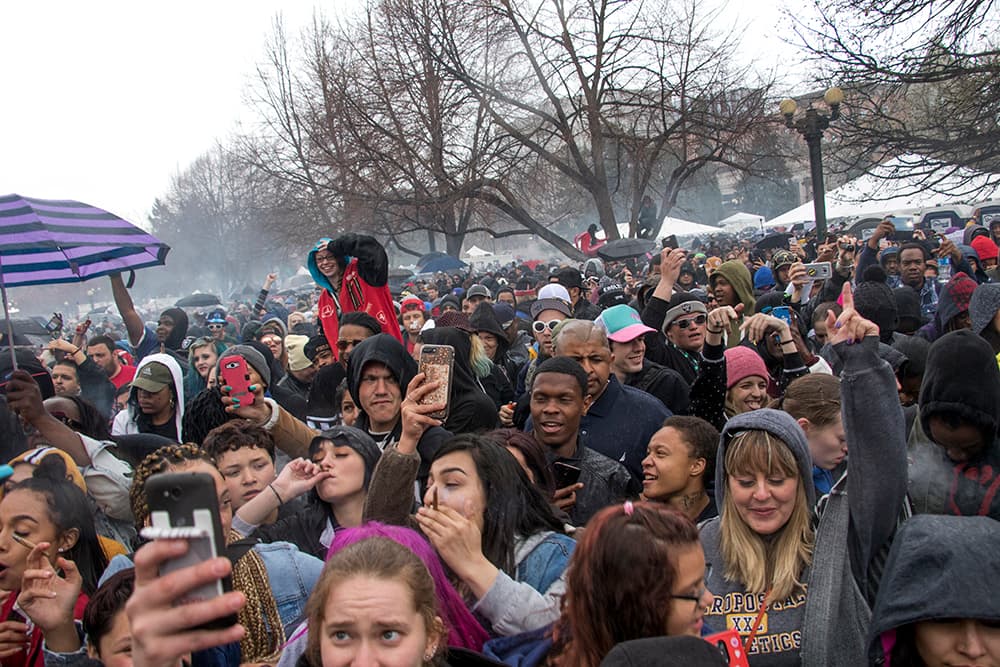As they started planning for a Cinco de Mayo celebration, Skinner Middle School Dean of Students Joshua Duran and Denver Public Schools social worker Gabriela Mohr decided to quiz their students.
The two were supervising 12 students, all of them Latino, half of them bilingual in Spanish. They were sitting in chairs forming a circle inside the middle school on Denver's north side. As they brainstormed what would work and wouldn't work for the celebration, they asked students how most of them celebrate it. The holiday marks the victory of Mexican forces over the French at the Battle of Puebla.
It turned out most of their families don't really celebrate it. Many of them were aware that, in the general public, the holiday has been turned into an excuse to drink excessively, not to commemorate Mexican forces who won an improbable victory in 1862.
"We want to have fun," Mohr said, speaking to the students. "We want to do education. But we want to have intention ... when we think about the education part, what do we want to do there?"
It's the kind of discussion that seems more fitting for a college seminar. But at Skinner, this is exactly the kind of thing Mohr relishes in providing -- giving young Latino students a chance to think critically about their culture and heritage while learning a few things along the way.
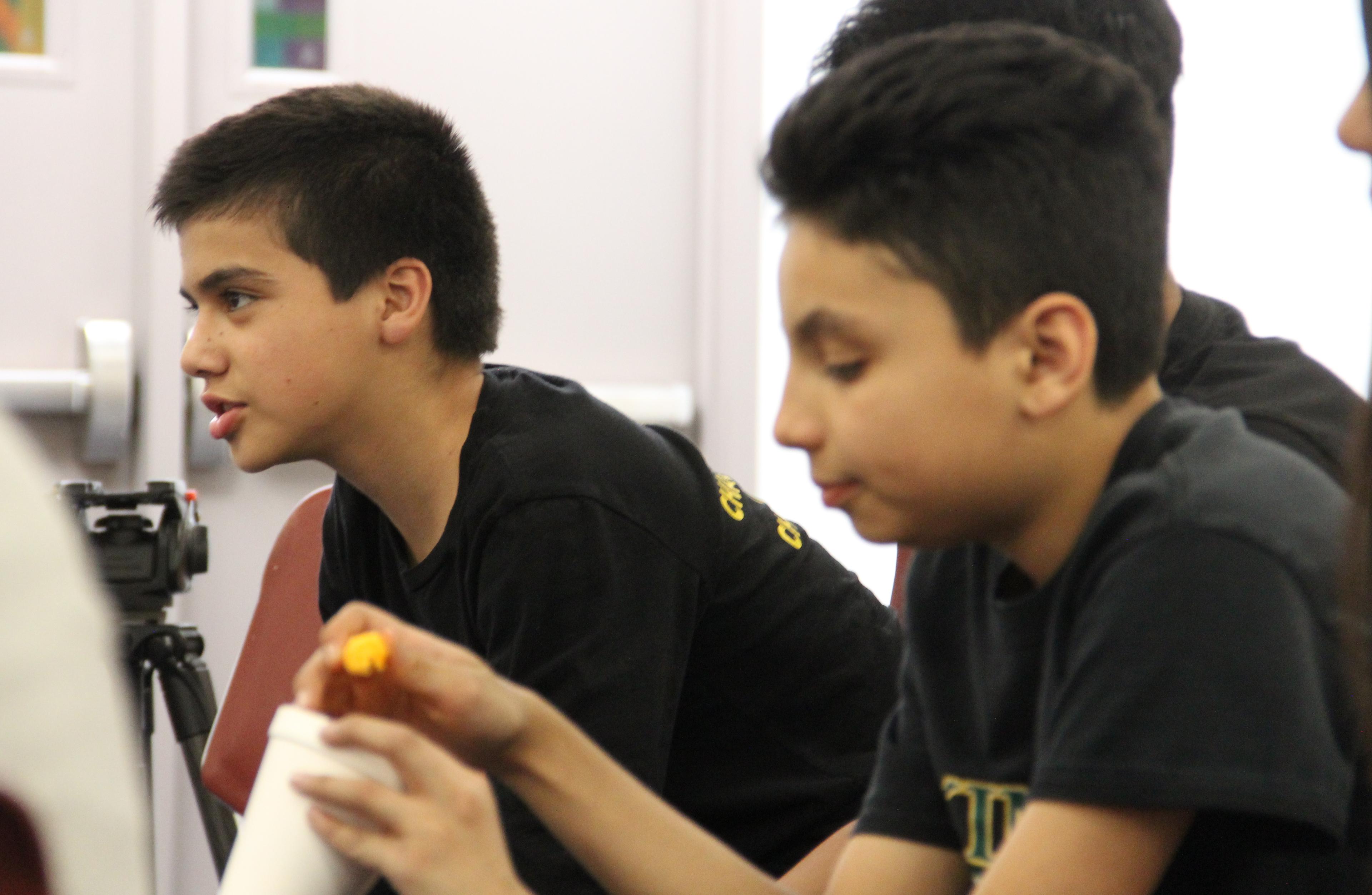
It's part of a program called Somos1, or "we are one." The group has been around for three years. It was started by Duran and Mohr, who said the initial reason for starting the group was part of a strategy for substance use prevention. Mohr said she wanted Duran to be a part of the group because the children seemed to connect easily with him.
Mohr's motivations are personal. She came to Colorado from Arizona, a state that gained notoriety for laws many believe targeted Latinos, including the so-called "show me your papers" law and another banning ethnic studies class.
"I saw when you're not allowed to study your own history and culture, that people who don't share your culture have power over you," Mohr said. "So it was really important for me personally to have this space for our students to learn about themselves."
The group provides students a chance to learn stuff they might not usually learn in their school curriculum.
Duran said students are nominated by teachers to be part of the group. The roughly 20 students in the group each year range in age between 11 to 14 years old.
They usually try to host two events every year, commemorating events like Dia de Muertos and the signing of the Treaty of Guadalupe Hidalgo, which brought the end of the Mexican-American War and led to Mexico relinquishing more than half of its territory to the U.S (including parts of Colorado). The events are open to the entire community.
Emilio Carrasco, 14, is an eighth-grade student at Skinner who had a lot of input in Wednesday's meeting. The bespectacled Emilio sounds like a high school honor roll student.
"My favorite part of it is just being here, being surrounded by other people that are the same culture as me and that look like me and experience the same things like me," Emilio said. "We sat in a circle. And that circle, there are other people in that circle that are there for me and they have my back and I have theirs."
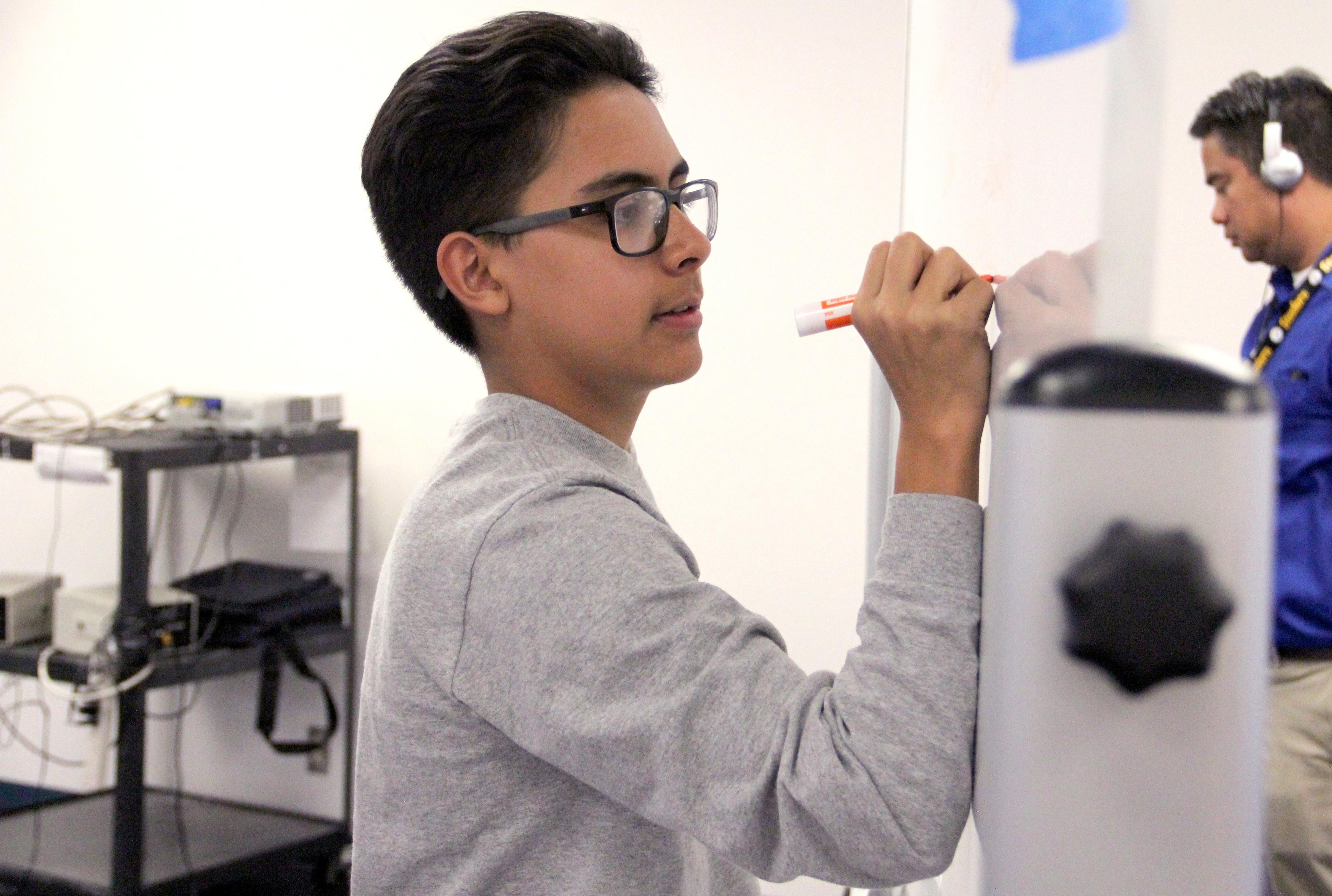
Mohr, who will begin a doctoral program in social work in August, said students of color have higher chance of developing risky behavior, and groups like Somos1 are the kind of space that could help foster a healthy environment.
"We look at what the risk factors are for Latino students and Latino youth and then the protective factors, what strengthens them," Mohr said, adding that these factors include family, identity and language. "We're very intentional at having half of our kids be bilingual and half not."
Duran is a sixth-generation Coloradan. He does not speak Spanish, which he believes is largely due to how his grandparents and parents were raised. It's a reminder of a time when Spanish-speaking children were discouraged or even bullied for speaking Spanish in schools.
When he sees the children, he's seeing an opportunity his parents never got.
"Seeing now that it's acceptable to speak Spanish in school, they teach Spanish school, I'm now in a position where I feel cheated, in a way, that the language of my people was taken from me," Duran said.
After three years at Skinner, Somos1 could be expanding to other schools.
Carrasco called it a great privilege to have. He knows not a lot of kids in Denver get a chance to learn more about their culture.
"The group was created not only to be there for each other but to prevent like suicide and drug use and stuff like that," Carrasco said. "I feel like if we're able to get this group or something like this group around, then it would help a lot with that stuff."
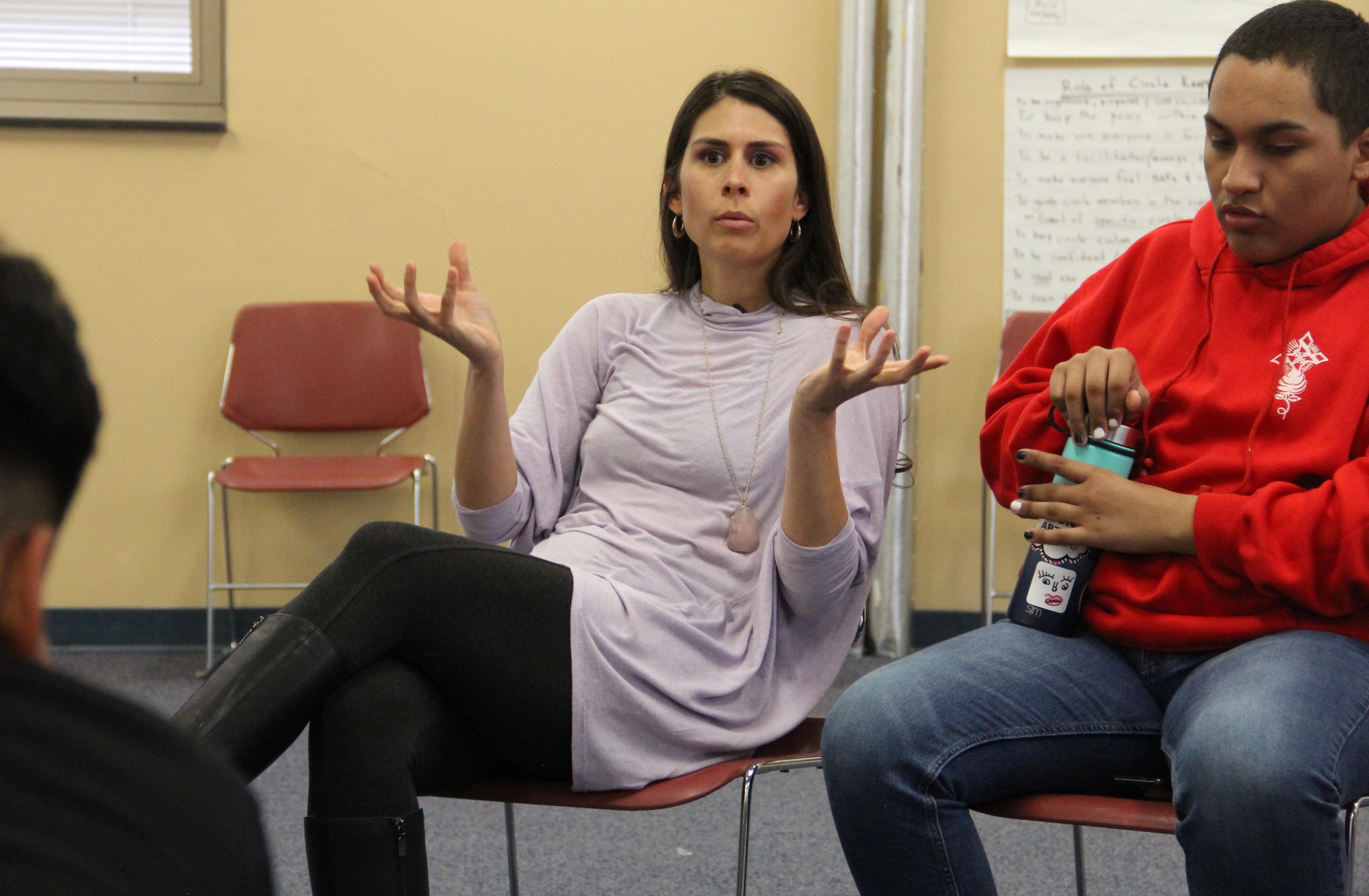
Duran has been in contact with the administration at Lake Middle School about potentially launching a Somos1 group on their campus. And there's also a chance Emilio Carrasco ends up starting his own group once he gets to North High School. It might be a tall task for a fresh-faced ninth-grader, but he seems up for the challenge.
"I feel like that if we did get it done, then it would help with the community over there," Carrasco said. "This group is special to me. I feel like if I'm able to carry it throughout my entire life, then that would be great."

